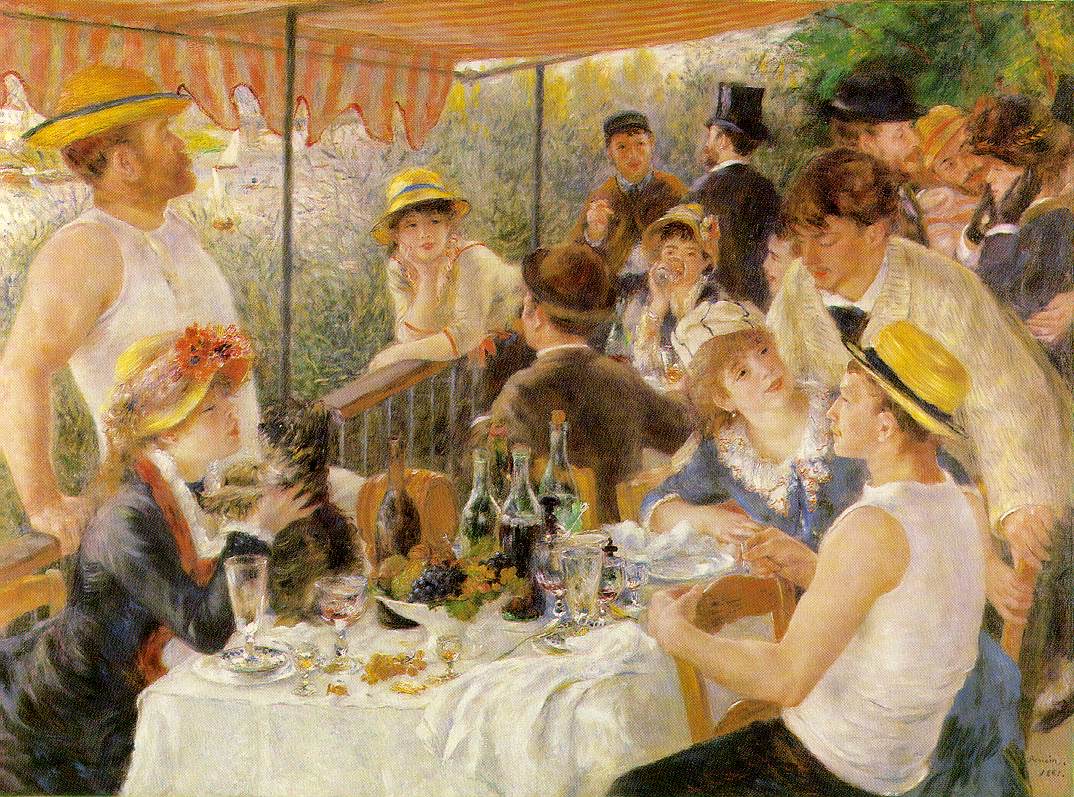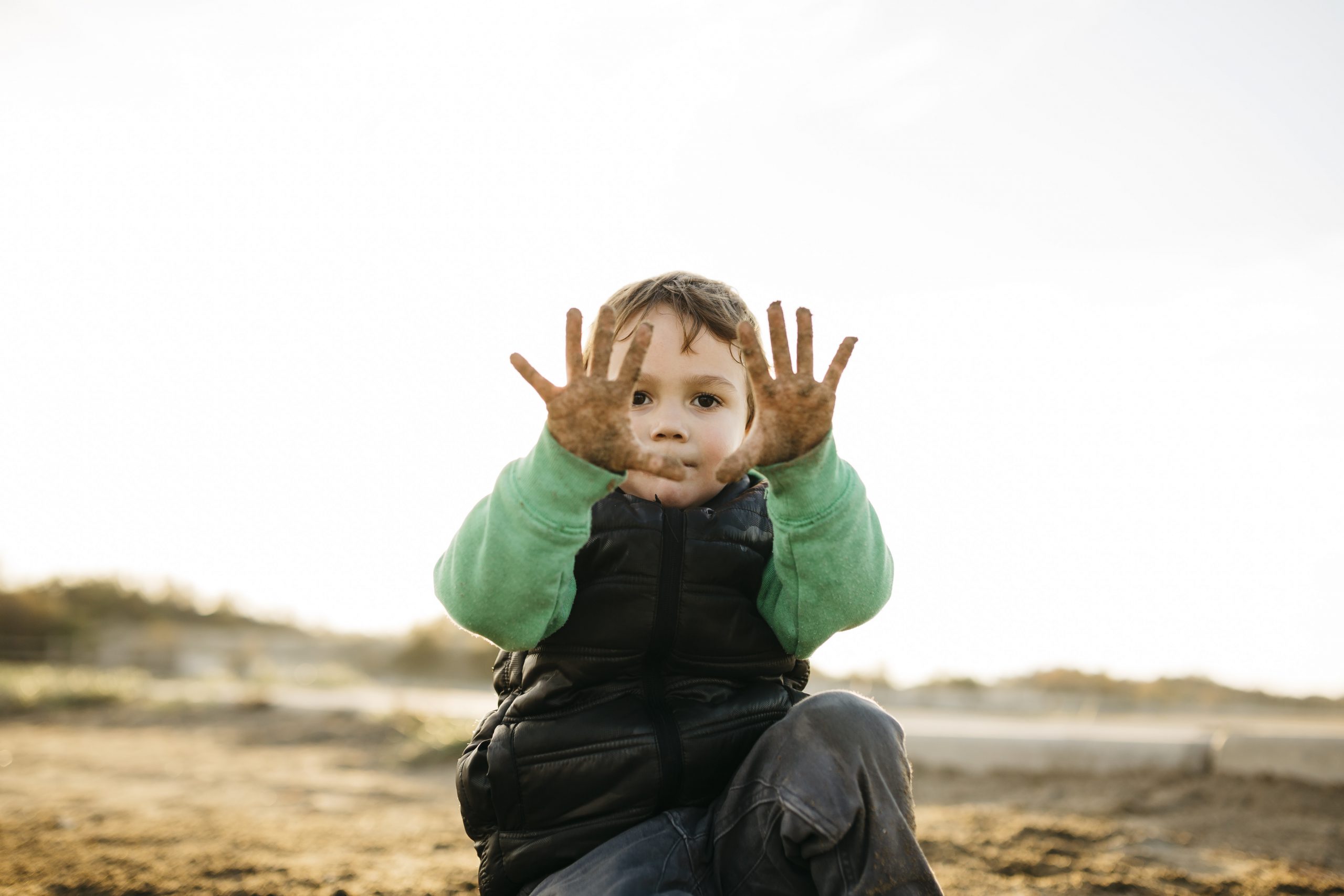
The singularity of Black culture originates from a distinct seed—the community built from collective disenfranchisement in a foreign land and the reclamation of identity lost to ancestral erasure. The forced isolation of Black Americans birthed a unique culture within a shared country. It was one that the white majority did not and could not try to understand until it was entertaining for them. And so a culture cherished by those within became envied by those without.
“Malibu’s Most Wanted” turns 20 this year, and the social threads within the film that were timely during its 2003 release are still relevant today. The film is a slapstick-heavy satire that tackles the discomfort and absurdity of blatant cultural appropriation. B-Rad G (Jamie Kennedy) is a politician’s son: wealthy, white, and a wannabe rapper who adopts (to an extreme measure) all aspects of Black culture, from dialect to durags. In order to stop his gangster-inspired harlequinades, his dad hires two actors, PJ (Anthony Anderson) and Sean (Taye Diggs), to stage his kidnapping and take him to the ghetto to scare the so-called “Black out of him.”
Black culture found itself in the vanguard of mainstream popular culture largely through the proliferation of hip-hop that took off in the late ’80s and early ’90s. The consequences in the early 2000s, as we see in the film, include a generation of white young adults raised on saturated exposure to Black culture. This is the origin story of B-Rad, who we see listening to Naughty by Nature and Run D.M.C in his early adolescent years. Yet his incisive detachment from the culture remains in the foreground as he bumps “O.P.P.” poolside at his lavish bar mitzvah and rocks to “It’s Tricky” as his Black housemaid cleans the living room behind him.

Now an adult, B-Rad speaks in spine-shivering AAVE, uses BET as an encyclopedia of Black existence, claims Brad as his “slave name,” and Black culture as his own. He fetishizes the traits of a single aspect of Black culture—those amplified within the hip-hop genre of growing up in violent, poor inner cities—and claims it by his own rules. He forces the square peg of a gangsta lifestyle into the cylindrical hole of his own privilege, crushing the square’s corners inward until it fits his own standard of reality. It’s a full-fledged exhibition of the meaning of appropriation, performative Blackness, and a claim to a culture that isn’t his own.
“Malibu’s Most Wanted” applies this idea of performance equally to the characters of PJ and Sean. They are used as hilarious, expert foils to B-Rad, exposing the fraudulent nature of them both. Hired for $15,000 to play the role of two gangbangers, PJ and Sean are anything but. They are graduates of Julliard and the Pasadena Playhouse, walking LL Bean ads, and any English teacher’s grammatical dream. They are symbols of a very different Blackness, one signified by all the rules of respectability politics.
Respectability is defined by the suppression of any out-loud displays of Black culture, a homogenization with white expectations. “Malibu’s Most Wanted” is a satire, and so, each and every character is a caricature. It’s what these personalities, written and performed to the brink of severity, are marked by that lends an investigative eye to the inquiry of what culture actually means. PJ and Sean are caricatures of Black men on both ends of the spectrum, embodying peak respectability politics playing the role of South LA gangsters. They read Black slang dictionaries, cornrow their hair to “look urban,” and walk with a “pimp limp.” In more ways than not, they are similarly fetishizing nuggets of culture that have been fed to them by media rather than lived experience. In fact, the only truly authentic character is Sean’s cousin, Shondra (Regina Hall), who they enlist to help pull off their scheme.

Shondra winds up becoming a pawn in the ploy to get B-Rad to drop the act. Misogynoir showcases itself through her character and how everyone’s performances utilize her as a symbol. Whether it’s the sexualization of being told to “show a little ass” to aid PJ and Sean’s attempted breakdown of B-Rad or B-Rad’s fetishy “I’ve never been with a real Black girl before,” we are introduced to her as an object of male gaze and intent. There’s also the ever-historical role that Black women are put in as cultural educators to their oppressors. Shondra is the only figure in the main cast of characters who isn’t espousing artifice culture-wise, but she is the one who carries all of their consequences on her shoulders.
The social shotgun of appropriation isn’t simply found in tangible measures like speech or fashion but also in the impalpable ramifications of who carries the brunt of the burden. In the film, it’s Shondra. In everyday American culture, the pain of appropriation is not the scolding experienced by white people for enacting it but the torment Black people are subjected to as they watch their identities be co-opted and costumed, fashionable only when they aren’t the subjects.
“Malibu’s Most Wanted” is a comedy irrevocably tied, both stylistically and in terms of political correctness, to its release date. The film does not take itself seriously, and while many things don’t age well, on the whole, its themes hold up where its delivery does not. The dilution and cherry-picking of Black culture through the process of white appropriation is seeing its own resurgence in the 2020s as it did in the early 2000s. Hip hop is today’s most popular music genre, and beauty trends as of late favor notably Black characteristics to the degree that “Blackfishing” is a term we’ve had to coin to describe its gravity.

We are also in the most aggressively online state of society we’ve ever been in. With the internet and social media, the voices of everyday Black people (rather than solely famous ones) are amplified with equal measure and at peak accessibility. This move of Black culture online and the way it permeates through all aspects of culture have led to the idea, for many, that Black culture is synonymous with internet culture, that AAVE is internet slang, and that blaccents are just “funny voices you put on for comedy.” The abusive appropriation of Black culture has moved to online minstrelsy in 2023 in addition to the in-person performative Blackness present during the film’s 2003 release date.
The whiteness of the writer’s room for “Malibu’s Most Wanted” is worth noting, but this whiteness actually operates as a reinforcement of the applicability of the film’s themes, as well as how they continue to apply. White writers crafting this narrative is a testament to how they see Black culture themselves. While they were able to be self-aware enough for the film to not be completely ignorant, the misogynoir and stereotyping of respectability ignite a flame of the exact consequences of appropriation that are throughlines of the film. “Malibu’s Most Wanted” is not a document of progressive values, but examining its intent and impact under a modern lens unveils how appropriation has evolved and the many ways it has stayed the same.




